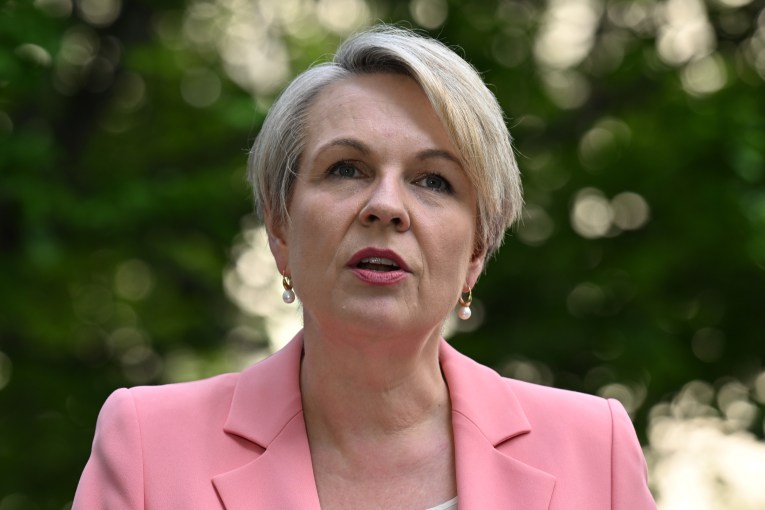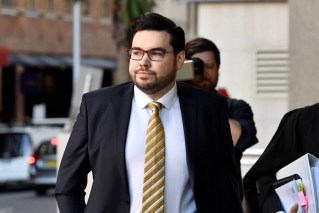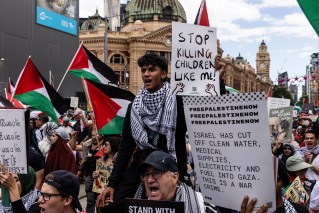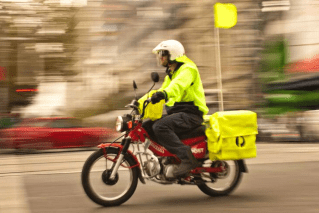Schools to identify extremists
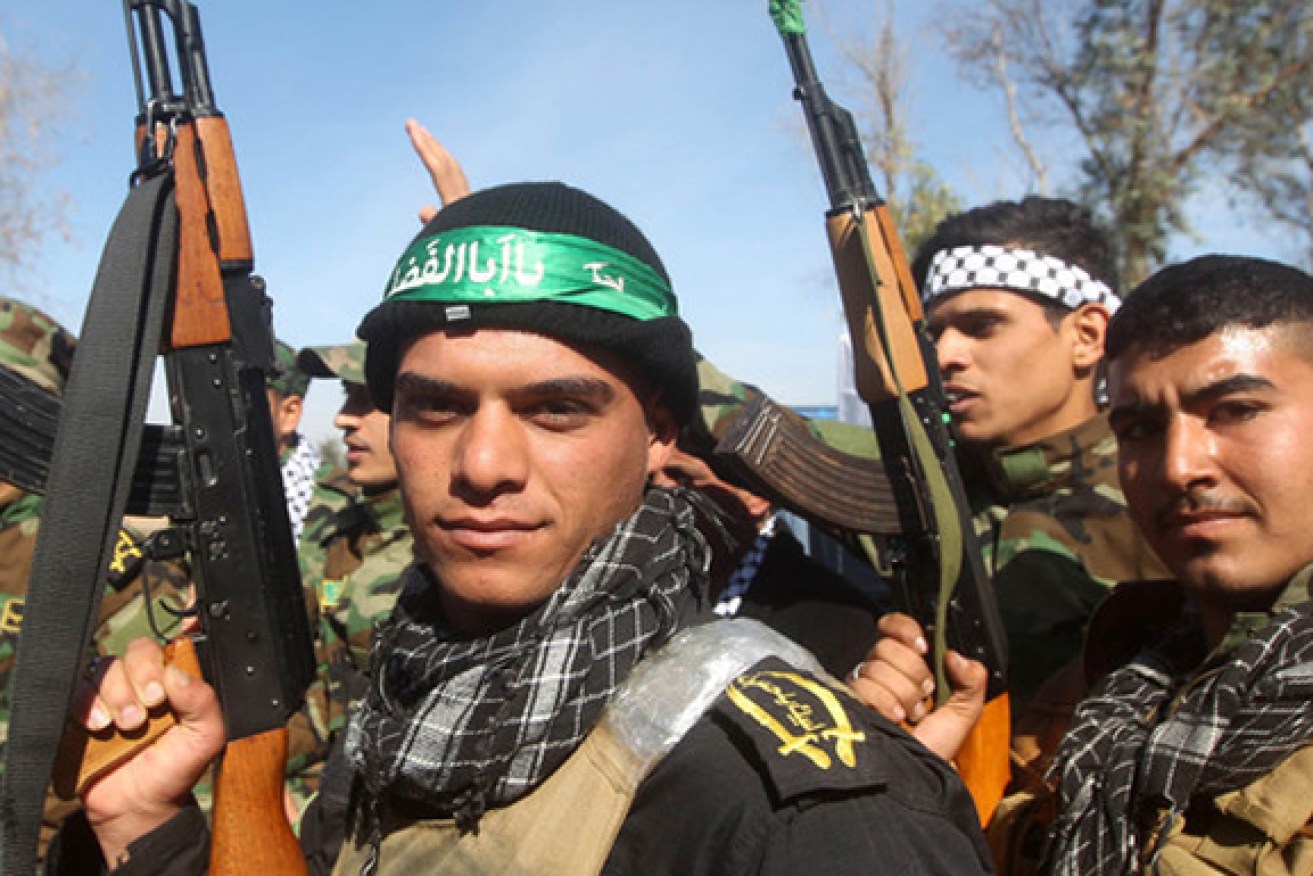
The report found that Islamic State recruits often came from solid family backgrounds.
The Australian government is looking to schools to help identify students in danger of becoming radicalised.
Attorney-General George Brandis says the federal government is working with community organisations and other governments to create education materials and training that will help schools “identify and steer individuals away from ideologies of hate”.
• Melbourne teen killed in Middle East: report
• Islamic State claims victory in Ramadi
• ISIL bomb threat tweet causes airport chaos
“Just as parents and families have gained greater understanding of the dangers posed by online sexual predators, there also needs to be increased awareness of the threat from online terrorist propaganda,” he told News Corp.
The Council of Australian Education Ministers, which would have to sign off on any changes to the curriculum, is due to meet in Brisbane on Friday.
Meanwhile, a terrorism and deradicalisation expert says the Federal Government needs to do more to understand what causes extremism and should consider allowing some Australians fighting in the Middle East to return home,
Dr Clarke Jones from the Australian National University told Lateline he did not think the “prejudicial narrative” Prime Minister Tony Abbott was using about violent extremism was the “right tack”.
He said he believed some of the youth who have joined Islamic State (ISIL) military campaigns should be encouraged to come back to Australia to be involved them in deradicalisation programs.
“We need to remove some of the fuel from the fire and try and encourage some of these young kids to come back,” he said.

A deradicalisation expert says some Australians fighting for extremist causes should be allowed to come home.
But he was quick to add this would have to be judged on a case by case basis.
He acknowledged criticism for trying to take this “softer” or more “understanding” approach.
His comments come after a group of Australian men who joined ISIL in Syria asked to be allowed back to Australia.
But Dr Jones said if Australia is to deal with the problem properly, extremism has to be looked at as a social problem, not just as a security and intelligence problem.
“We’ve got to think of the problems that are going on in families,” he said.
“We need to do a little bit more compassion.”
People who have been overseas could help discourage potential extremists in Australia through mentoring programs, Dr Jones says.
Dr Jones said there needed to be a separation between the intelligence collection and intervention.
He said while he understands the value police and intelligence agencies see in trying to get intelligence, he thinks Australia needs to put “more responsibility and trust into community groups that can take returned extremists under their wings”.
Dr Jones said this would require checks and balances like mandatory police reporting, home detention and a mentoring program.
“Maybe some people that have been overseas are good mentors in these programs,” he said.
Other solutions he points to are religious counselling, social work and psychological counselling.
‘Countering violent extremism requires more funding’
Dr Jones said he supported the Government’s role to protect Australians but the reasons people join the fight in Syria and Iraq are not all the same.
“We need to look at it on a case by case basis and if that person can be used or can be trusted,” Dr Jones said.
“We’re seeing such a cross-section of individuals who want to go across and support the Islamic State.
“There’s not one profile.”
Dr Jones also said there needs to be more consistency and co-ordination between counter-extremism programs around Australia.
“Police are not always the answer,” he said.
Dr Jones said the Government needs to get the balance between intelligence gathering and deradicalisation right.
“I think that countering violent extremism requires more funding and more commitment by government,” he said.
He said Australia would benefit from “not focussing on … the security aspect so much” and rather looking at a more “compassionate approach”.
